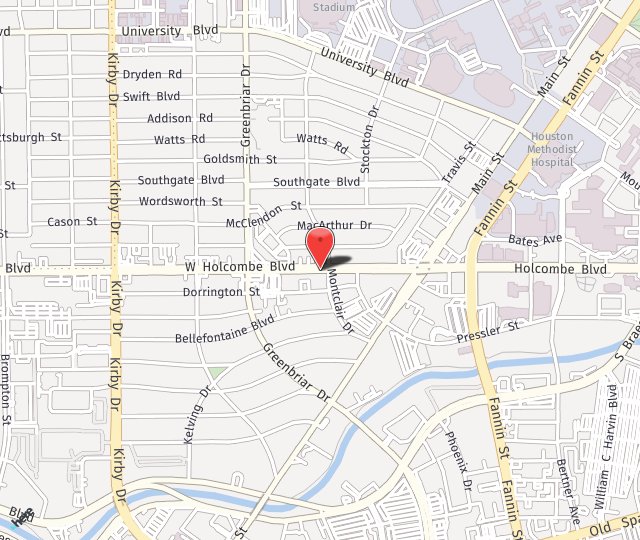We see so many TMJ pain patients who come in and have had several “splints” made in the past and said that it did not help. The common question is why did it not help. This is a complex question. To begin with, what is the diagnosis of the problem? If a patient has only muscle problems associated with TMJ, then most often a nightguard type of “splint” will help. Notice that I placed quotations around the word splint as this is simply an arbitrary appliance that separates the teeth and helps to relax the muscles. Most often, these will not help patients who have any type of soft tissue damage to the ligaments, muscles, or nerves in the joint space. This is also true for patients who have degenerative joint disease. In these cases there is often clicking or popping jaw joints, inability to open the jaw completely or straight and most often some sort of postural issues involving forward head posture. Simply placing a “muscle relaxation splint” will not help and often makes the paitent worse! Neuromuscular Dentists are often trained to look at more than just the teeth to help patients. Correct treatment is based on the diagnosis of the problem. Quite often there is a neck problem associated with C1 and C2 and sometimes V1 that is causing the problem. This can be verified with a lateral ceph and PA Spine film. Having these issues requires a different type of treatment than a “splint.” Most patients do not realize that having noise in the joint is not normal and not healthy. If your knee popped everytime you walked you would think you have a problem and your knee would wear down. The same thing applies to your jaw joint. There are many different ways to stabilize and correct TMJ dysfunction and every case is different.
If you have any questions about Houston TMJ treatment, Houston TMJ pain, or Houston Dental Sleep Apnea, please feel free to call our office, Ronald W. Konig DDS, FAGD, LVIF, a Houston Neuromuscular Dentist, 713-668-2289

